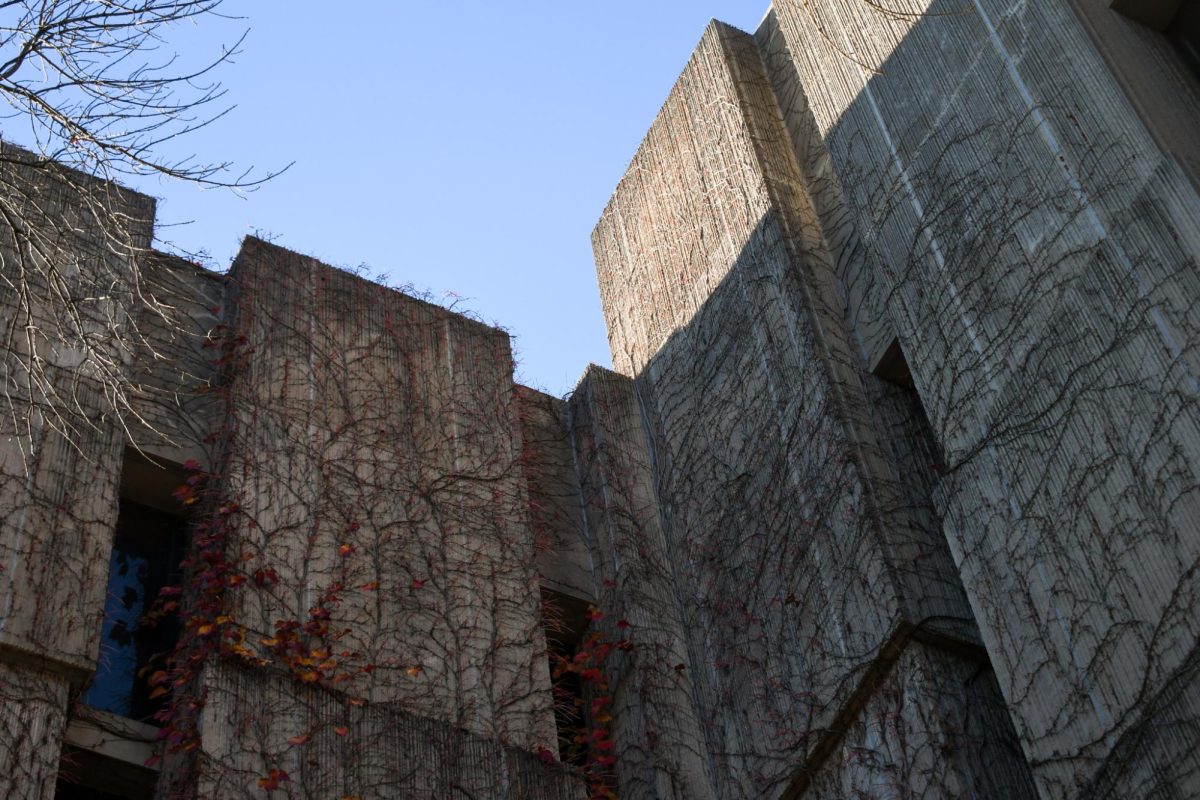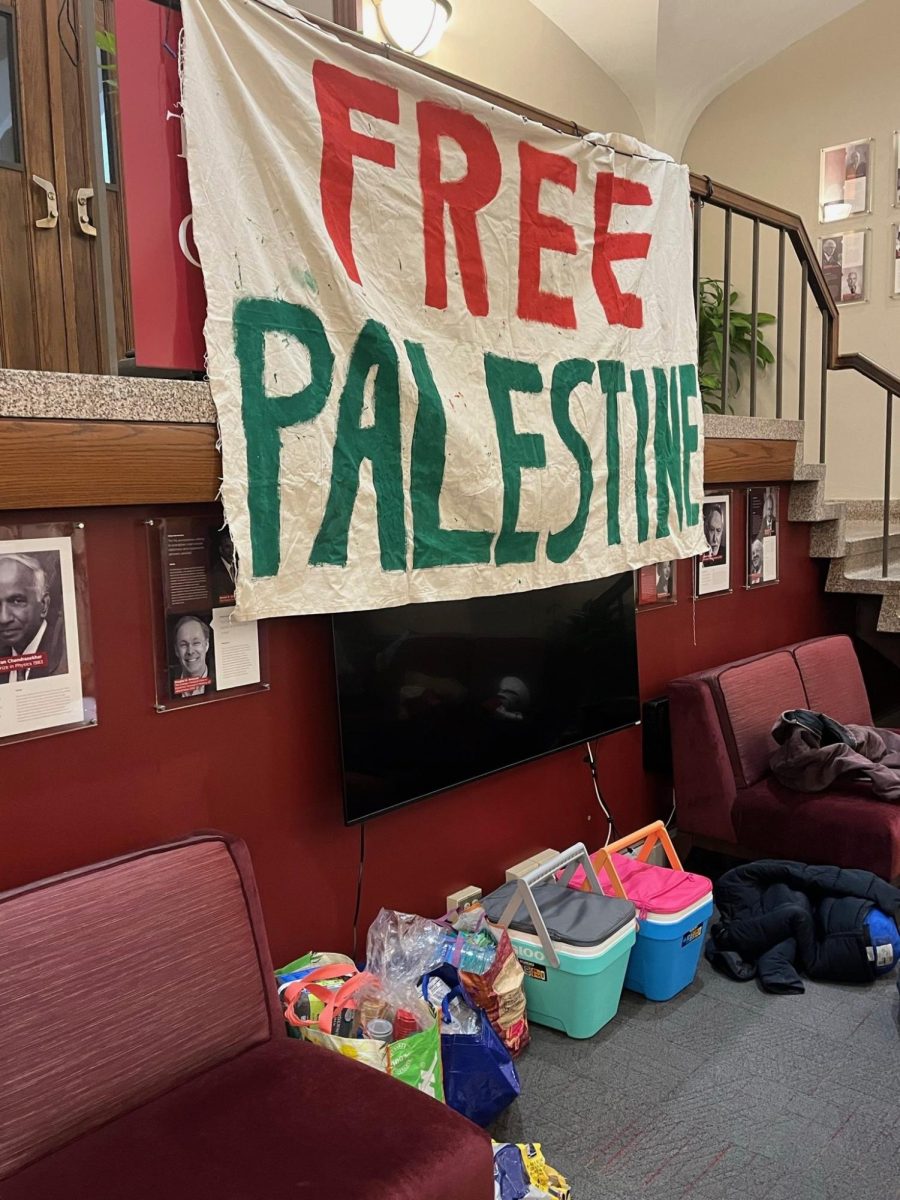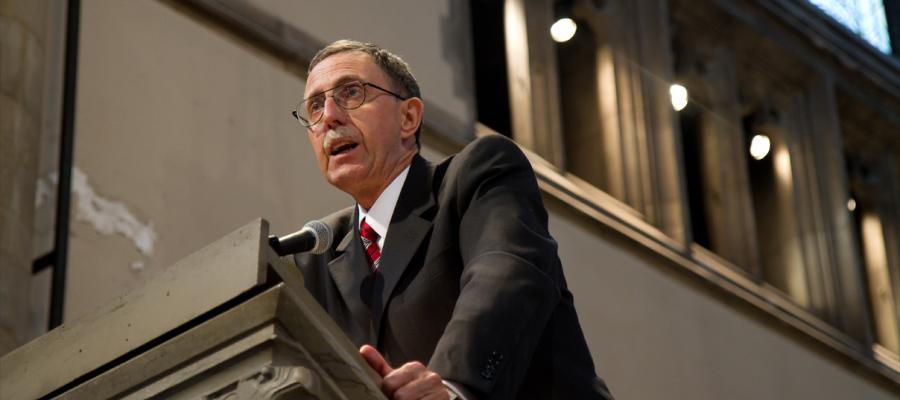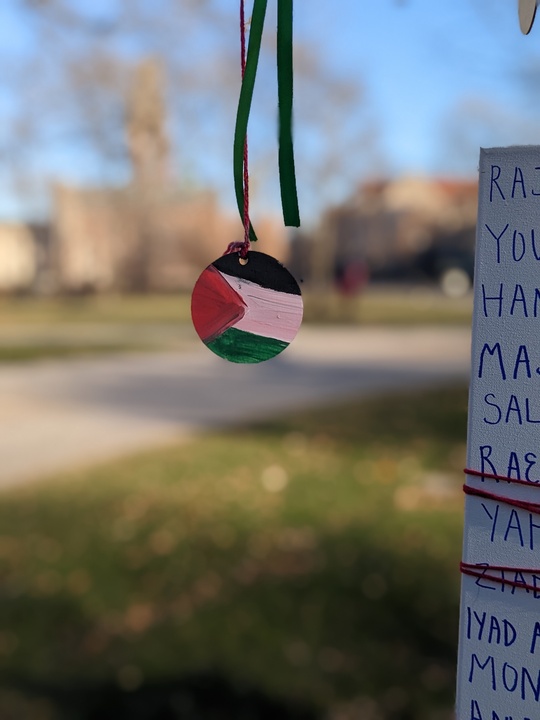Dear President Zimmer,
We recently learned of the continued problems with sexual assault at UChicago from a report in the Chicago Maroon (University Under Federal Investigation for Sexual Assault Policy, 2/11/14), which was subsequently picked up by national media outlets. We are dismayed that there has been insufficient progress to address sexual violence crimes on campus since we were students in the 1990s.
As alumni of the University of Chicago, we are deeply concerned that the shortcomings we identified in our university’s approach to sexual violence when we were students apparently still persist. We hope that the U.S. Department of Education’s Office for Civil Rights (OCR) investigation will be the catalyst for meaningful, permanent improvements in both the response to and prevention of sexual assault.
In 1996 and 1997, some of us formed Action for a Student Assault Policy (ASAP) and the Coalition Against Sexual Violence (CASV) to address what we perceived as an urgent need for reform in how our university prevented and responded to sexual and other forms of assault. The organizations were created in reaction to frustration with what we believed were the administration’s mishandled and inadequate responses to both sexual assaults and assaults against minority students.
These broad coalitions included students involved with the Alpha Omicron Phi Sorority, Comadres, Feminist Majority, the Muslim Student Association, the Organization of Black Students, Queers & Associates, the Sexual Violence Prevention Resource Center, the Women’s Lacrosse Team, the Womyn’s Union, and more.
At that time, allegations of assault were often handled by administrators with little or inadequate training in rape crisis response. And even when conducted, investigations were usually channeled through campus security rather than the Chicago Police Department. Campus police and student health services regularly failed to follow best practices when responding to allegations of sexual assault crimes, resulting in loss of evidence and inadequate care. Unfittingly, Victims were offered relocation and “mediation” with their assailant, whom they might see in class again the next day. A major problem was the lack of centralized coordination; survivors could bounce from one office to another until they eventually gave up. Support services and resources for victims of sexual assault were patchwork and woefully insufficient.
In October 1996, ASAP proposed specific improvements to sexual assault prevention and response at the University based on the shortcomings we identified. The suggested improvements included a centralized position or office with additional resources to coordinate response and prevention as well as improved training and the implementation of best-practice protocols for the housing system, counseling center, health services, campus police, faculty, and administration.
We based our proposals on programs that were already in effect on other campuses in Chicago and around the country. Throughout 1996 and 1997, we met face-to-face with several members of the University administration to present our concerns, research, and suggestions. We were discouraged by the slowness of response on the part of the administration and what we saw as a failure to implement urgently needed improvements. Then, as happens, we graduated and left the university. We were not there long enough, or with enough leverage, to see that those improvements were made. We had hoped that the needed progress had been made in the intervening years.
Thus it is disheartening to learn, from recent reports in the Maroon and other media, that the University of Chicago seemingly has not yet done enough to improve sexual assault response since we left campus many years ago. The ongoing OCR investigation suggests that serious shortcomings persist. The failure of the University to fully address this pervasive problem has likely contributed to the suffering of hundreds of bright young people, mostly young women, some of whom chose to leave the University, discontinue their education, or even, in the worst of cases, commit suicide.
The University could rely on the natural attrition of student sexual violence activists to maintain the status quo, instead of acting upon opportunities to make needed changes. Our organization, Action for a Student Assault Policy, was named in part to underscore the urgency behind reform; we believed changes needed to be made ASAP. It is painful and ironic to learn that, two decades later, these pervasive problems have not been adequately addressed.
Former students are watching and waiting for the University of Chicago to do the right thing. To that end, we are heartened that the OCR has taken steps to hold the University accountable. President Barack Obama has recently made it clear that ending sexual assault on campus needs to be a priority in higher education. The University of Chicago has the opportunity to be a leader on this issue. It is past time for the University to implement the current standard best practices for sexual violence prevention and response on campus.
As alumni, we would like to assist in the improvements in any way that we can. What we will not do, however, is stand by and approve of the status quo, or give our resources to a University that still falls short in addressing sexual assault issues in a respectful and appropriate way. Sexual violence prevention and response at the University of Chicago must improve ASAP.
—Andrea Laiacona Dooley, AB ’96, AM ’96 and Katie Romich, AB ’98
Alumni for a Student Assault Policy in support:
Erin Barrett, AB ’94
Amanda Bartoshesky, AB ’97
Kevin Bogart, AB ’97
James Felix Black, X ’94
Maria Cardow, AB ’98
Olivia Given Castello, AB ’98
Jane Ellen Clougherty, AB ’97
Kathryn (née Regan) Cullen, ’97
Benjamin Edmonds, AB ’92, JD ’98
Francesca Freeman, AB ’98
Meghan Getting, AB ’96
Liv Gjestvang, AB ’98
Colin Johnson, AB ’96
Sharon L. Jones, AB ’97
Jimmy Casas Klausen, AB ’98
Alma Klein, AB ’98
Daraka Larimore Hall, AB ’99
Margaret Lakin Hardigan, AB ’96
Kristen Lehner, AB ’96
Liane Lohde, AB ’98
Melissa Martin, AB ’95
Michael Rabinowitz, AB ’99
Marthame Sanders, MDiv ’96
Andrea Batista Schlesinger, AB ’99
Margaret Schwartz, AB ’98
Ellen Sung, AB ’98
Stephanie Yu, AB ’97







